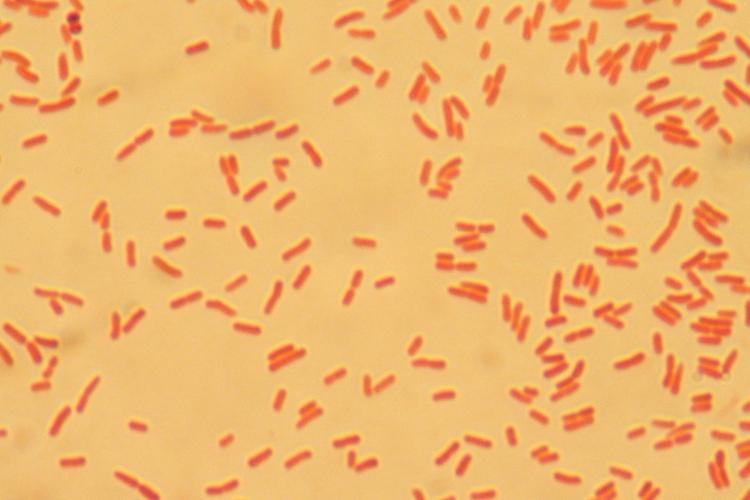Researchers from ENABLE are hopeful about apramycin because it has passed the stage at which most potential antibiotics fail.

Investigators have begun clinical trials of a promising molecule called apramycin, the therapeutic potential of which was first discovered by researchers at the University of Zurich. The scientists from the Swiss university joined the IMI project ENABLE in 2016, after the selection committee identified the molecule as having high potential as a possible future antibiotic candidate.
Only two new classes of antibiotics have come to the market in the past 30 years. The early stage of drug discovery has a high failure rate, and offers a dismal return on investment. ENABLE was set up to build a pipeline of promising antibiotic molecules by establishing a kind of virtual drug discovery platform. It would develop molecules that are still in the earlier stages of drug discovery but have the potential to become future drug candidates.
Why most potential antibiotics fail
“At the moment we have a pipeline of about 10 leads in different stages. Several of these are at the early stage and a few in the lead to candidate stage,” says Anders Karlén, of Uppsala University, who is the ENABLE project co-lead. “There are far more failures at the early stages. A late stage programme has a much higher chance of reaching a clinical study.”
Most molecules fail to progress past the preclinical stage, whether it’s due to high toxicity or high levels of resistance. ENABLE set targets of identifying three lead molecules, two clinical candidate molecules, and at least one compound into phase one trials. With apramycin, this last goal has been achieved. “It’s a success story that we have succeeded in getting it to this stage,” says Karlén.
The University of Zurich team that brought apramycin to the ENABLE platform set up a spin-off called Juvabis to drive its development.
A low failure rate once molecule reaches clinical trials
“By mid 2020 we will have insights into the pharmacokinetic of the molecule in humans, and by the end of the ENABLE project we hope to demonstrate the safety, too” says Sven Hobbie, who is leading the programme behind the clinical trial of apramycin.
“The good thing about antibacterial drug candidates, it's pretty predictive – once you have the pharmacokinetics and safety in animals under control, in most cases, the antibacterial activity observed in the petri dish will translate into therapeutic efficacy in humans. The failure rate of antibacterial drugs once they’ve made it to phase one is much lower compared to most other disease indications out there.”
The ENABLE project has also advanced another candidate, a combination cephalosporin and novel beta-lactamase inhibitor, which could work against resistant urinary tract infections. Regulatory toxicology studies will begin in 2020, with the aim of proceeding, like apramycin, to phase one clinical trials.
“We can sustain the work thanks to the generous contributions of IMI. It shows that big things can be done through public-private partnerships. There's a lot of beautiful, sophisticated and exciting science happening and often enough things seem to work beautifully in an animal model. But when it comes to actually translating the science into something that has a true medical impact, too many leads fail because of safety concerns or pharmacokinetics, or other real-world requirements outside the scientific realm. To actually progress into clinical trials, it’s big news.”
Read more
New antibiotics won't stop AMR. Luckily, there are other things we can try
Why it's so hard to make new antibiotics
A very promising new antibiotic just started clinical trials
Technology, not instinct, should guide antibiotic prescribing
"AMR is an area that needs fresh ideas" - interview with Isabelle Bekeredjian Ding
